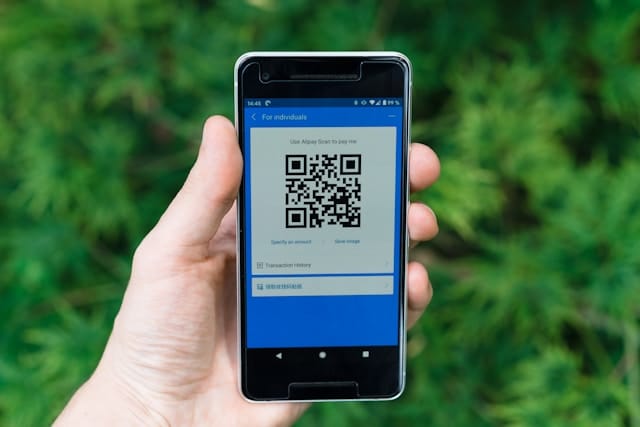Fraudsters leave fake yellow tickets on cars with QR codes to steal cash and personal data.
For many motorists, it’s a heart-sinking moment: you return to your car after shopping or a day out to find a yellow parking ticket slapped onto the windscreen.
Did you overstay your welcome in the car park? Forget to pay? In many cases now, the answer is neither. Increasing numbers of drivers are discovering that these so-called fines are not real tickets at all—but sophisticated scams designed to empty their bank accounts.
Fraudsters are leaving fake yellow parking charge notices (PCNs) on vehicles across the country, exploiting the trust drivers place in official-looking documents. Once opened, the bogus tickets often display cloned logos from councils or legitimate parking companies. They can even include the victim’s registration number and the name of the car park, adding to the illusion of authenticity.
Embed from Getty ImagesThe trick lies in how the “fine” is paid. Victims are directed to a website link or QR code printed on the notice. The payment demanded is usually modest—£60 or £70—but once drivers enter their bank details, scammers use them to make much larger transactions, draining accounts and stealing data.
Fraud expert Paul Hampson, of CEL Solicitors in Liverpool, has seen a surge in cases. “We originally thought these incidents were isolated, but the number of clients coming forward has increased sharply,” he said. “The scams are remarkably sophisticated—the branding, the language, even the payment sites all look real. Victims often don’t realise until their accounts have been emptied.”
The British Parking Association (BPA) has confirmed a rise in reports, warning that these fraudulent tickets are appearing both on private land and in council-managed car parks.
Where are they appearing?
Hotspots include busy retail parks, commuter hubs, and seafronts—places where drivers are often in a rush and unlikely to question a parking ticket. Reports have emerged in London districts such as Peckham, Islington, and Stratford. In Southampton, the city council issued an official warning after residents found fake tickets on their cars.
In some cases, bogus PCNs are being misused for other purposes. Last year, residents in a Welsh town began placing counterfeit yellow tickets on cars to deter outsiders from parking in their streets. But in the latest wave, the intent is far more sinister—fraud on a potentially massive scale.
How to spot a fake
Experts warn that legitimate PCNs rarely include QR codes for payment. Urgent language—such as demands for immediate settlement to avoid legal action—should also raise alarm bells. Genuine fines almost always allow for an appeal process, while scammers press for quick action to stop victims thinking twice.
Drivers are advised to:
- Photograph the ticket for records.
- Contact the council or parking operator directly to verify it.
- Report suspicious fines to Action Fraud.
- Contact your bank immediately if you’ve entered card details into a fake portal.
As Hampson cautions: “Slow down, don’t pay under pressure, and verify before clicking or scanning anything. A fake PCN might appear to cost £70—but in reality, it can cost thousands in stolen funds.”
A second threat emerges
Adding to motorists’ woes, officials in Oxford have recently uncovered skimming devices attached to car park payment machines. The devices secretly capture card details, often leaving victims unaware until fraudulent withdrawals appear on their accounts.
The BPA warns that although only one Oxford site has been affected so far, similar scams could spread nationwide. Drivers are urged to remain alert to unusual messages such as “card declined” errors, which can indicate tampering.
For now, the message is clear: beware the yellow ticket on your windscreen. What looks like a routine parking fine could, in reality, be an open door for criminals to your bank account.
